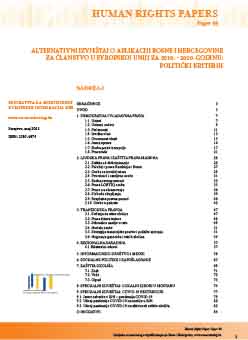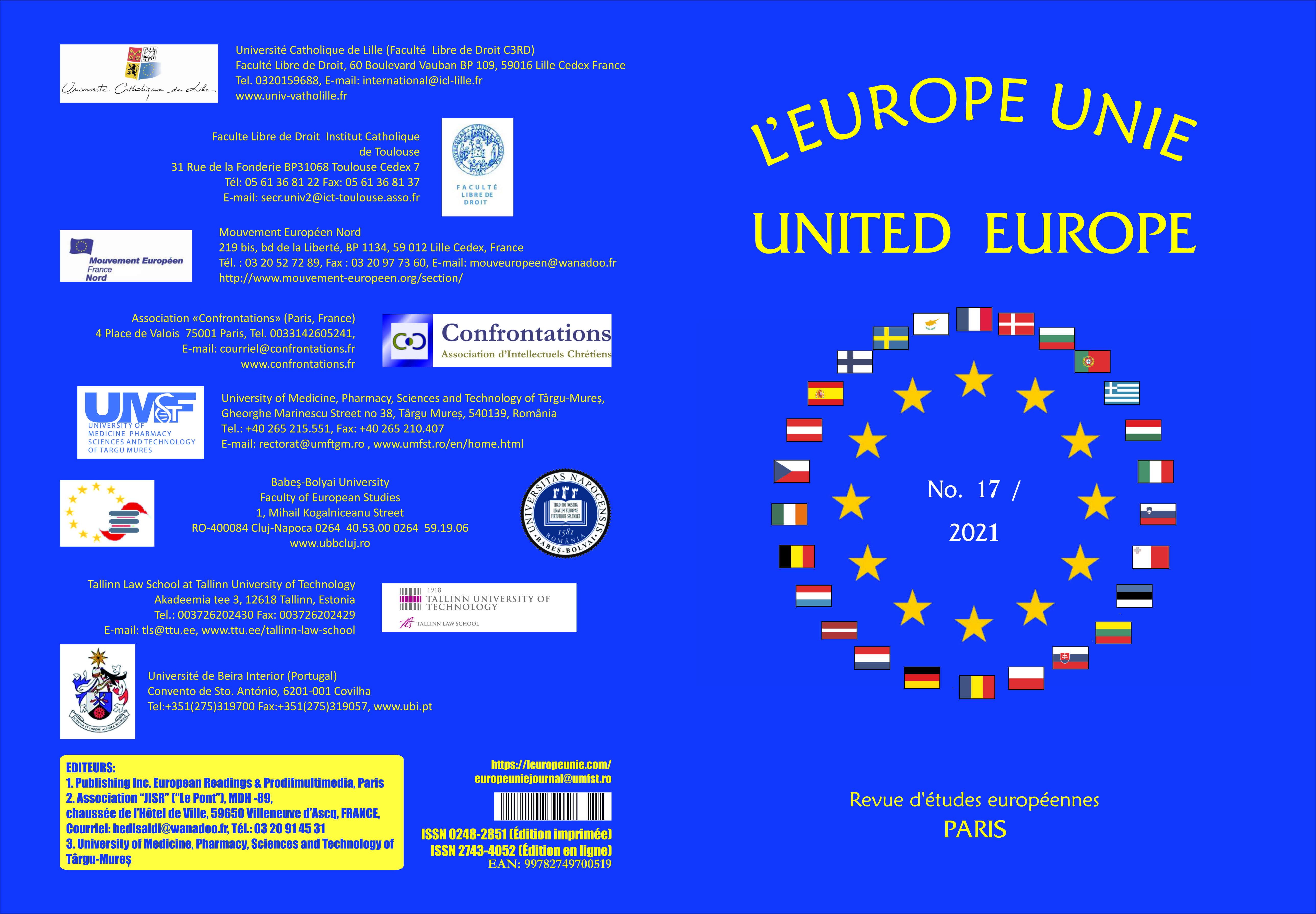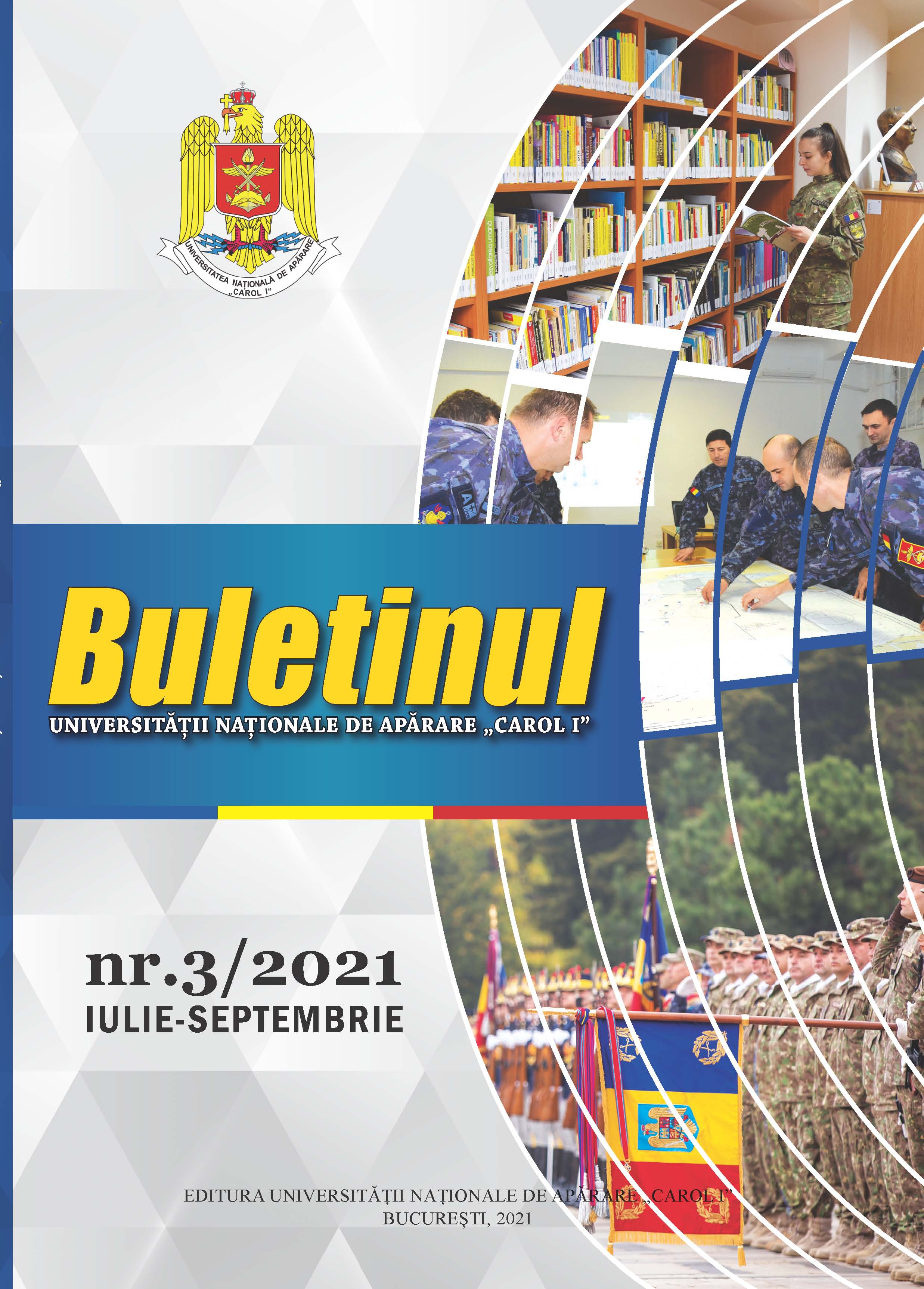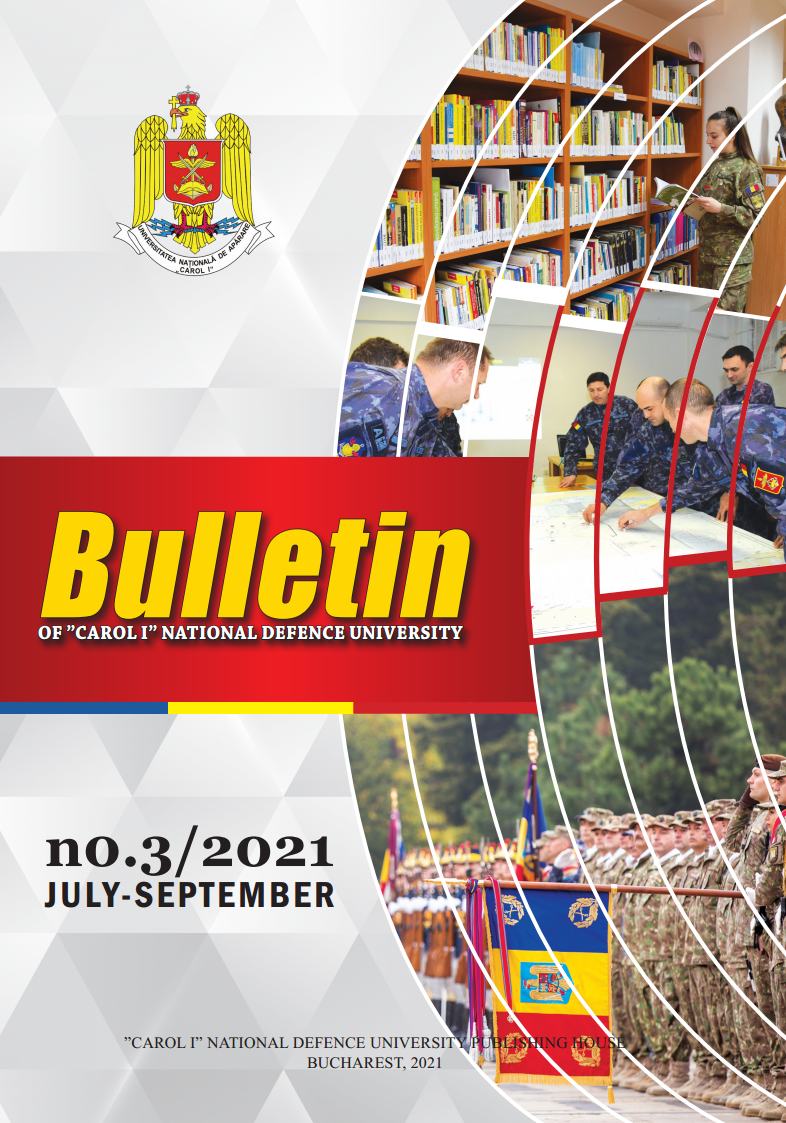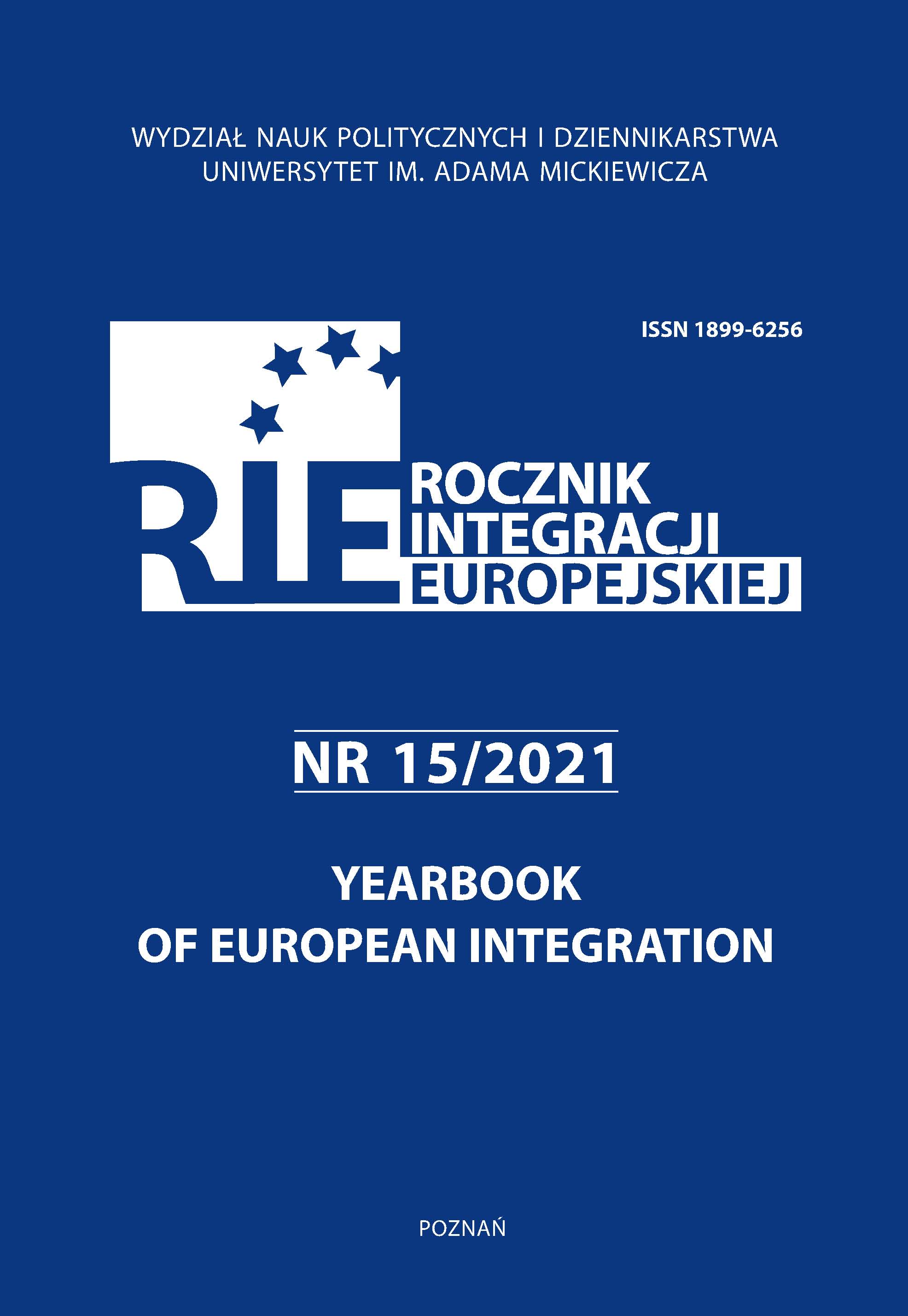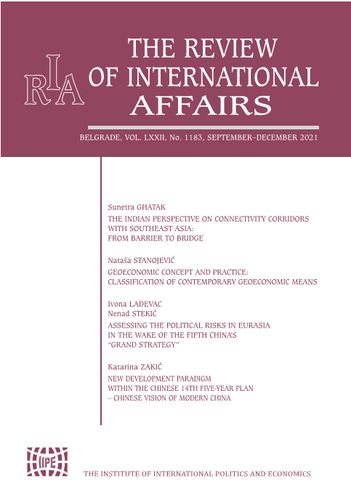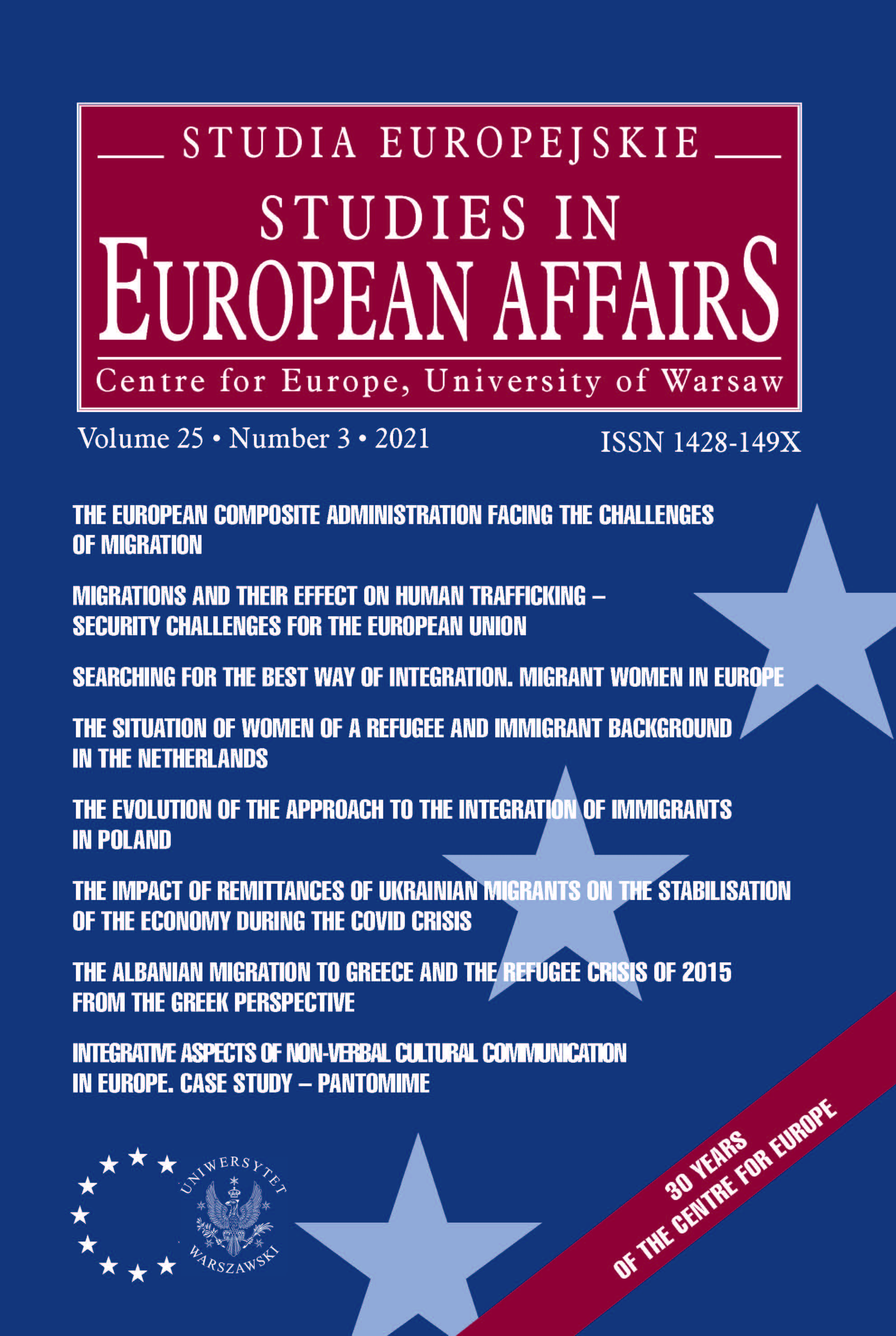Author(s): Krzysztof Molenda,Wojciech Nowiak / Language(s): Polish
Issue: 15/2021
The article refers in its analysis to the perception of the values of the European Union from the human perspective as the highest good in the context of media changes and women’s protests in Poland at the end of 2020 and social activity demonstrating Poles’ attachment to the EU. At the beginning of the third decade of the 21st century, the important values emphasized in the public space are: the good of individuals, freedom of expression, political, social and economic equality concerning everyone, regardless of race, gender, sexual orientation, culture, religion, political sympathies. They are the basis for the functioning of the human community in this EU. New media, including extremely important social media, have become a space to defend these values.The aim of this article is a practical analysis of the intersection of values with a traditional humanistic meaning, such as the culture of speech and public debate, with the struggle for the freedom to express one’s views and defend values using new media. Contrary to appearances, it is not contradictory. The language of protest of the young generation is not correct, it reaches to profanity, because very often it is not only a generational change, but a response to the language of politics and politicians. The field for analysis is the political and ideological dispute sparked on the Polish political scene. Analysis based on political science research and media science was based on researching the sources of both scientific literatures, the Internet and social media. The case studies are related to the women’s protest in Poland and other protests against government policy. Due to the nature of social media, there is no censorship, no control of forms of expression and content. It is a practical realization of the freedom and the right to express one’s views and protest. This form of freedom leads to a vulgarization of public life. Often, vulgarity, verbal, gestures, symbols and their use have their source in the observation of political life. According to the authors, this form of expressing thoughts, including the one serving to defend basic social values, requires redefining and understanding cultural contexts.
More...
